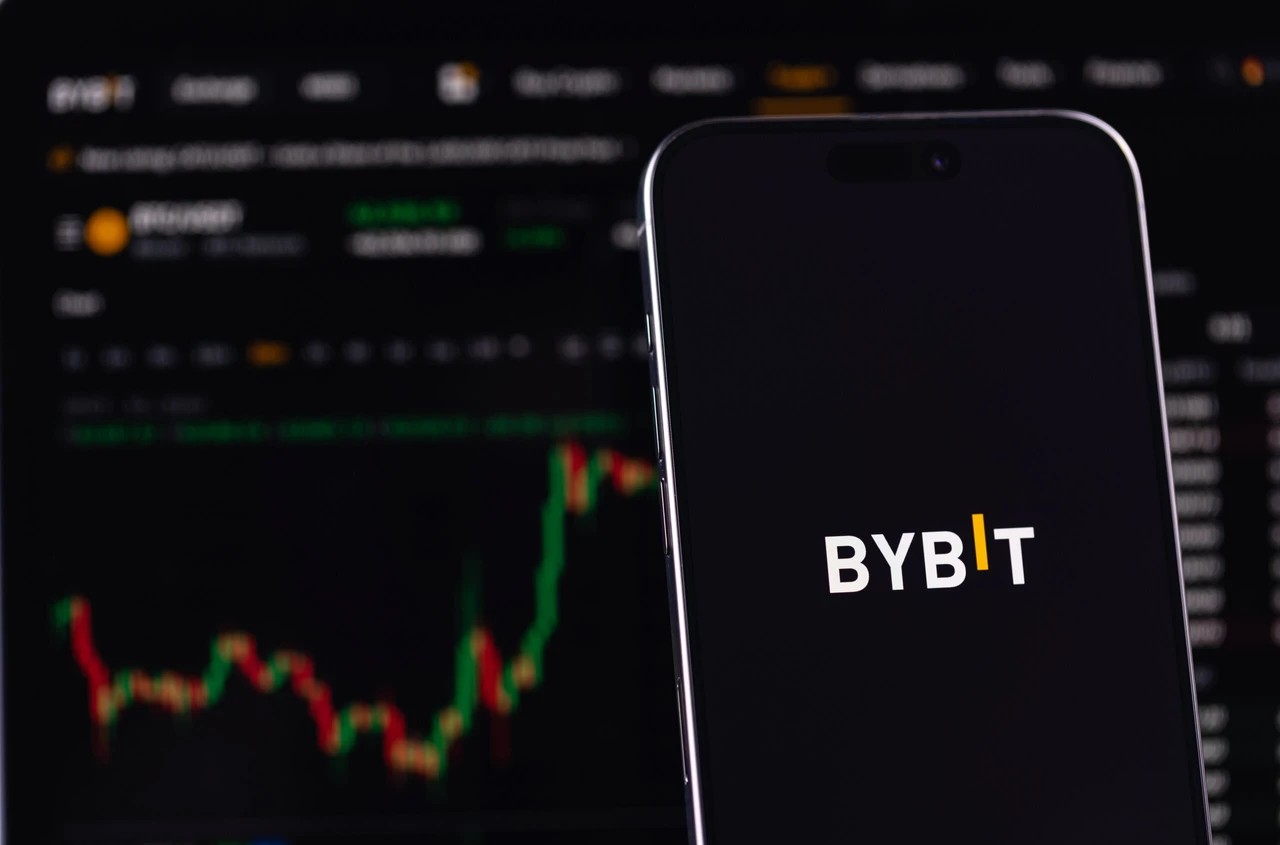The Technical Complexities of Ethereum Network Rollbacks: A Deep Dive
In the ever-evolving world of blockchain technology, the topic of Ethereum network rollbacks has been a subject of intense debate. With growing calls for a potential rollback in the wake of recent high-profile hacks and exploits, Ethereum core developer Tim Beiko has weighed in, stating that a rollback is “technically intractable.”
What is a Rollback in Blockchain?
Before diving into the technical complexities of Ethereum network rollbacks, it’s essential to understand the concept itself. A rollback is the process of reversing or rewinding the blockchain to an earlier state. This can be done when there’s a mistake or malicious activity on the network, such as double-spending or fraudulent transactions.
Why Rollbacks are Complicated in Ethereum
Ethereum, like other decentralized networks, is built on a consensus mechanism known as Proof of Work (PoW). This means that every node on the network must agree on the validity of transactions and blocks. When a new block is added to the chain, it is added irreversibly. However, Ethereum’s smart contracts add an extra layer of complexity.
The Role of Smart Contracts
Smart contracts are self-executing programs that automatically enforce the terms of an agreement between buyers and sellers. They are a fundamental part of Ethereum’s decentralized applications (dApps) and decentralized finance (DeFi) ecosystem. Once a smart contract is deployed, it cannot be changed or stopped. This is a feature, not a bug, as it ensures the immutability of agreements and transactions.
The Impact of Rollbacks on Smart Contracts
The immutability of smart contracts poses a significant challenge when it comes to rollbacks. Reversing a block would mean undoing transactions that have already been executed, potentially leading to unintended consequences. For instance, it could lead to the loss of funds for innocent parties, or the creation of duplicate assets.
The Ethereum Community’s Response
Given the technical complexities and potential risks, the Ethereum community has generally been cautious about rollbacks. Instead, they have focused on other solutions, such as implementing upgrades and patches to improve the network’s security and resilience.
The Role of Ethereum Improvement Proposals (EIPs)
Ethereum Improvement Proposals (EIPs) are a way for the community to propose and implement improvements to the Ethereum protocol. For example, Ethereum is currently transitioning from Proof of Work (PoW) to Proof of Stake (PoS), which is expected to make the network more secure and energy-efficient. Other EIPs focus on improving the network’s scalability and user experience.
Rollbacks in the Broader Context
The intractability of Ethereum network rollbacks has broader implications for the blockchain industry as a whole. It underscores the importance of due diligence and security best practices when using decentralized networks. It also highlights the need for continued innovation and improvement to make these networks more secure and user-friendly.
Personal Implications
As a user of decentralized applications and services built on Ethereum or other blockchains, it’s essential to be aware of the risks and limitations. This includes being cautious about the projects and services you use, keeping your private keys secure, and staying informed about the latest developments and best practices in the blockchain space.
Global Implications
The inability to perform rollbacks in Ethereum and other decentralized networks has far-reaching implications for businesses, governments, and individuals alike. It could impact everything from financial transactions and supply chain management to identity verification and data security. As the use of decentralized networks continues to grow, it’s crucial that we work together to build a robust, secure, and user-friendly infrastructure.
Conclusion
In conclusion, the technical complexities of Ethereum network rollbacks highlight the importance of understanding the unique challenges and opportunities presented by decentralized networks. While the inability to perform rollbacks can be a source of frustration and concern, it also underscores the need for continued innovation, collaboration, and education in the blockchain space. By staying informed and taking a proactive approach to security and best practices, we can make the most of the opportunities presented by decentralized networks and build a more secure, decentralized future.
- Understand the concept of rollbacks and their significance in blockchain
- Recognize the challenges Ethereum faces with rollbacks due to smart contracts
- Explore the community’s response to rollback calls and alternative solutions
- Consider the personal and global implications of rollbacks in the context of decentralized networks





